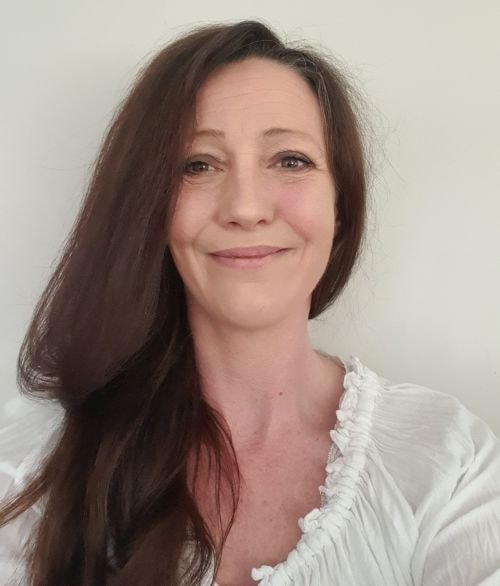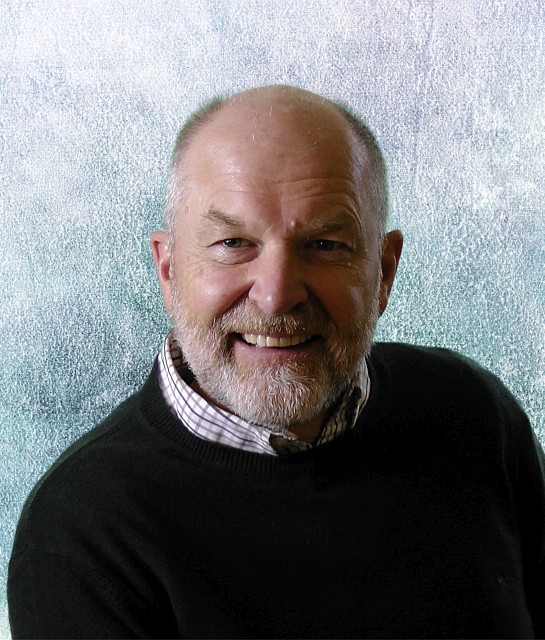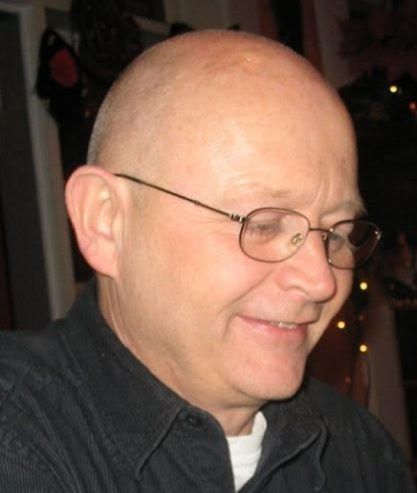Our Story
In the spring of 2023, a small group of consultants and leaders from around the world got together and went through the six conversations from Peter Block's book, "Community - The Structure of Belonging." Over the six weekly online meetings, these previous strangers noticed a deep and rather surprising connection to each other. Curious about what had happened, Richard Schultz and Lisa Persson hosted another group of strangers through a similar experience in the fall of 2023 with similar results: connection, belonging, transparency, respect, creativity, friendship, and trust. To this day, both of these groups have continued to meet in their 'We-Spaces" greatly benefiting from the deep personal and collective insight and creativity that emerges in the meetings.
These "We-Spaces" have had such profound benefits for the participants, that we decided to bring the experience to the world!
Our Vision
Communities and nations have become deeply disconnected and divided. In society, there is a crisis of loneliness, distrust, meaninglessness, and mental health, among other things.
Cohering Community is our response to social crises. We aim to reconnect people; rebuilding social cohesion, caring, and trust. To do this, people need new conversations, open dialogue, and enriched communication capacities focused on deep listening, possibility thinking, respect, and non-judgment. Leaders need to develop new capacities to create and hold these sacred, safe spaces for conversations that matter.
We envision a generative world of interconnected circles of trust where everyone feels that they can contribute and belong.
My passion in this life is life; in all its shapes and forms. From a young age I felt curious and fascinated by connections and relations, whether it be within myself, with others or nature. I was very drawn to the possibilities that reside within each and every one of us, in particular when coming together, when we allow and invite the possibilities. Through this interest and by combining two of my favourite things, sports and behavioral science, I started training within Sport Psychology. This was a ´great venture and a wonderful learning journey. Later, these studies were transferred into the field of Organizational Psychology.
Now, this passion has brought me in the direction of deep transformation and sustained change, where I practice as a deep transformational coach. Still, my calling is pulling me towards the endless possibilities emerging when being and experiencing our togetherness – here is where I love to spend my time!
‘Out beyond ideas of wrongdoing and rightdoing, there is a field. I’ll meet you there’ (Rumi).
I am passionate about working with organizations and community to expand their capacities for authentic connection, leadership, collaboration and innovation. I especially love facilitating Open Space Technology meetings. I’ve had the pleasure of facilitating several peace conferences for Rotarians, co-founded the PeaceLeaders Collaborative and facilitated Greater Moncton, Canada becoming an International City of Peace. On a regular basis, I have hosted open, online Leadership Dialogues and Peace Cafés using the Bohm Dialogue method.
I resonate with Gandhi’s statement, “Be the change that you wish to see in the world.” For the last 20+ years, I have studied, taught and worked with hundreds of individuals to elevate their lives from the inside -> out by changing limiting beliefs, forgiveness, releasing trauma, and integrating shadow. I especially love doing “Shadow integration work.” 'Shadow,' often birthed in trauma, is at the core of most limiting behaviours and largely responsible for the polarization we are experiencing in our world today.
David Currie - For The Good of All Now
David Currie is the author of For the Good of All, NOW! a guide for embracing connection, oneness, and community. He draws on skills and experience, acquired over 40 years in both for-profit and non-profit sectors. All the while pursuing his core beliefs in the power of community to restore its position as the primary source for the co-generation of the values that sustain a compassionate humanity and promote the good of all.
David is a member of the Prosocial Commons and a steward of the For the Good of All, NOW! group. A commons organized purposefully as a gathering place for all who seek a coherent replicable path to successfully navigate through the coming major evolutionary transition. David resides in Binghamton, USA.
In this program, you will experience many conversations designed to deepen our coherence and connection with ourselves and others. These core conversations include 6 tried and proven conversations from Peter Block's book, "Community - The Structure of Belonging".
People become powerful when they choose to shift the context within which they act in the world. Communities are human systems given form by conversations that build relatedness. The conversations that build relatedness most often occur through associational life, where people show up by choice.
Each of these conversations will be experienced through inquiry with powerful questions. The power is in the inquiry, not the answers. The Peter Block conversations that are included in the program are:
- The Invitation Conversation
"Invitation is the means through which hospitality is created. Invitation counters the conventional belief that change requires a mandate or persuasion. Invitation honors the importance of choice, the necessary condition for accountability." - Peter Block - The Possibility Conversation
The distinction is between possibility and problem-solving. Possibility is a future beyond our reach. The possibility conversation works on us and evolves from a discussion of personal crossroads. It takes the form of a declaration, best made publicly. - The Ownership Conversation
It asks people to act as if they are creating what exists in the world. The distinction is between ownership and blame. - The Dissent Conversation
The dissent conversation creates an opening for commitment. When dissent is expressed, just listen. Don't solve it, defend against it, or explain anything. The primary distinction is between dissent and lip service. A second distinction is between dissent and denial, rebellion, or resignation. - The Commitment Conversation
The commitment conversation is a promise with no expectation of return. Commitment is distinguished from barter. The enemy of commitment is lip service, not dissent or opposition.
The commitments that count the most are ones made to peers and other citizens/members. We have to explicitly provide support for members/citizens to declare that there is no promise they are willing to make at this time. Refusal to promise does not cost us our membership or seat at the table. We only lose our seat when we do not honor our word. - The Gifts Conversation
The leadership and citizen/member task is to bring the gifts of those on the margin into the center. The distinction is between gifts and deficiencies or needs. We are not defined by deficiencies or what is missing. We are defined by our gifts and what is present. We choose our destiny when we have the courage to acknowledge our own gifts and choose to bring them into the world. A gift is not a gift until it is offered.


